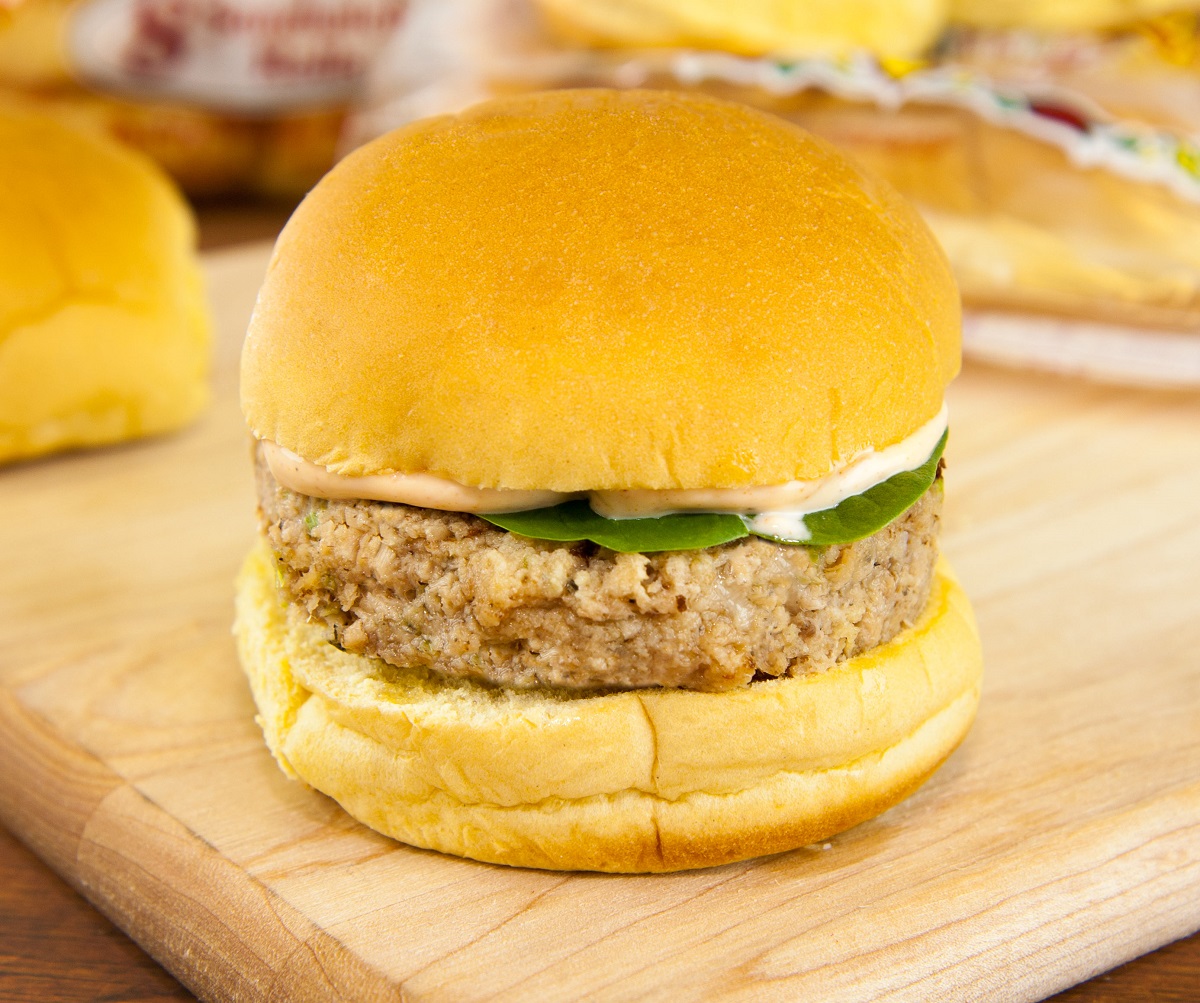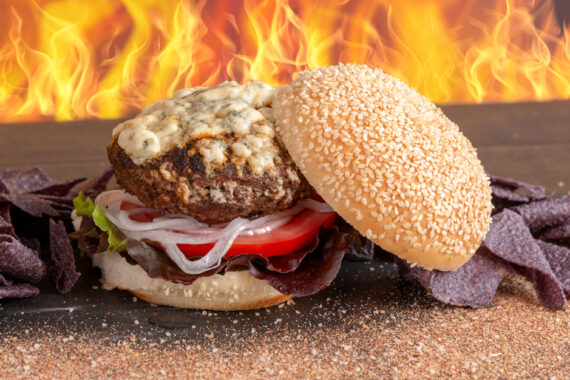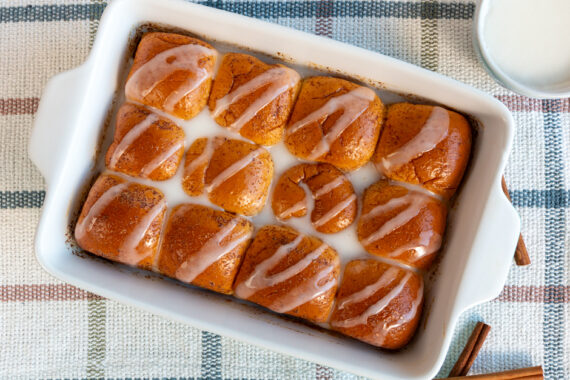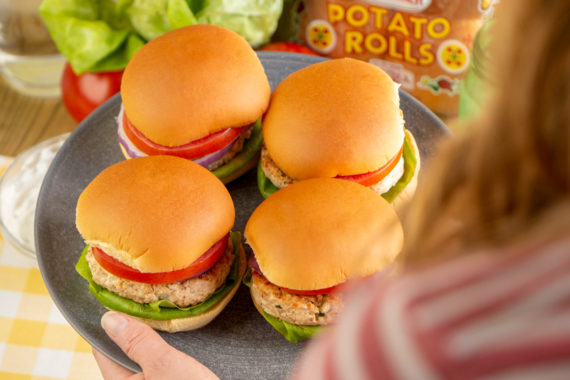National Nutrition Month®
March is National Nutrition Month®, an annual campaign by the Academy of Nutrition and Dietetics! Find out more at http://www.nationalnutritionmonth.org/ and http://www.eatright.org/.
Throughout this month, we will be focusing on the importance of good nutrition as part of a healthy lifestyle. This involves consuming the right amount of calories, being knowledgeable about what you are eating, and making sure you are getting the proper nutrients your body needs!
Healthy Fats
Not all fats are bad! Good fats, such as mono- and poly-unsaturated fats, and omega-3 fatty acids can actually help improve your health and provide your body with nutrients.
Monounsaturated and polyunsaturated fats (also called “good fats”) are good for your heart and can help lower cholesterol. Monounsaturated fats come from foods like olive and sunflower oils, avocados, and nuts. Polyunsaturated fats come from foods like soybean oil and fatty fish like salmon and tuna.
Omega-3 fatty acids
Omega-3 fatty acids are a type of polyunsaturated fat which is proving to be especially beneficial. Research has shown that some of the benefits of these fats are reduced symptoms of depression, protection against memory loss and dementia, reduced risk of heart disease, reduced arthritis and joint pain, and improved pregnancy.
Try to incorporate these fats frequently into your diet to experience some of these great benefits! Omega-3 fatty acids can only be obtained through food as your body does not make them. Some great sources of these fats include fatty fish like salmon and tuna, nuts, and seeds.
Here are some healthy alternatives:
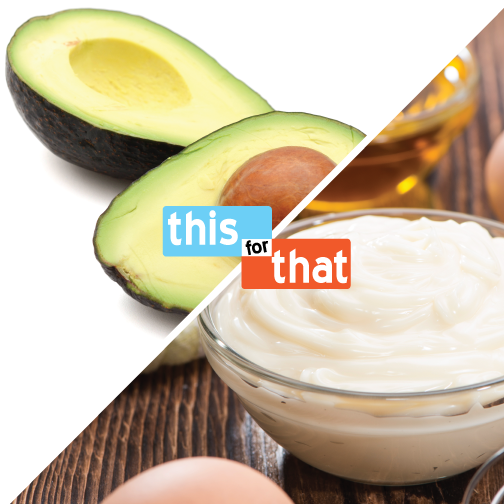 Swap mashed avocado for butter or mayonnaise.
Swap mashed avocado for butter or mayonnaise.
Avocado spread helps add moisture while also providing vitamin E and healthy (monounsaturated) fats. It also has fewer calories and fat per serving than regular mayonnaise. Try this on a veggie sandwich or a panini.
Swap Greek yogurt for mayonnaise or sour cream.
Greek yogurt is lower in fat and calories, higher in protein, and has almost the same taste and texture as sour cream. When swapping yogurt for mayo in something like tuna or chicken salad, try adding some herbs or lemon juice like in this recipe: https://potatorolls.com/recipes/waldorf-style-tuna-salad-on-toast/
Swap unsweetened applesauce for butter or oil when baking.
Applesauce has a great consistency for baking and adds a touch of sweetness without the added fat of butter or oil.
Use mashed bananas in place of fats in baking.
The thick, creamy texture of mashed bananas is perfect for baking and provides nutrients like potassium, fiber, and vitamin B6.
Use olive oil instead of butter when cooking.
Olive oil cuts down on saturated fats while providing essential omega-3 fatty acids.
Prepare fish instead of red meat twice a week.
Featured Recipe: Salmon Burger with Baby Spinach
Sources
- http://greatist.com/health/83-healthy-recipe-substitutions
- http://www.helpguide.org/articles/healthy-eating/choosing-healthy-fats.htm
- http://www.health.com/health/gallery/0,,20477647_1,00.html
- http://www.mayoclinic.org/healthy-living/nutrition-and-healthy-eating/in-depth/fat/art-20045550
The information provided on this website should not be regarded as medical advice or used during any medical emergency or for the diagnosis or treatment of any medical condition. This information is not a substitute for medical care provided by a licensed and qualified medical professional. A licensed and qualified medical professional should be consulted for the diagnosis and treatment of any and all medical conditions. Any links to other sites on this website are provided for information only – such links do not constitute endorsements of those other sites. See also our Terms of Use and Privacy Policy regarding use of this website.
Our latest content, delivered straight to your inbox.
Be the first to hear about our newest recipes, tips, and company updates!

